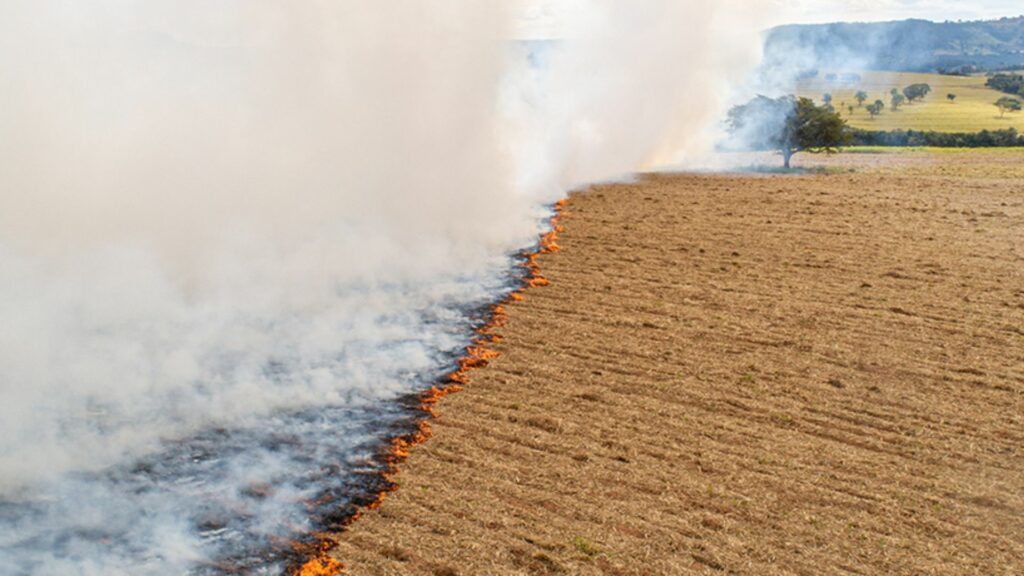Oxfam Belgium on Thursday criticised the increasing imports of bioethanol made from sugar cane, notably from Brazil and Peru, to fuel car engines, the Belga News Agency reports.
Belgium is banking on an increase in the share of agrofuels in transport from an average of 5.5% in 2017 to 13.9% in 2030, the NGO said. As for sugarcane ethanol imports, they have already increased from 4,193,739 litres in 2018 to 42,503,323 litres in 2020 in Belgium, Oxfam also argues.
"Despite irrefutable evidence, Belgium continues to violate human rights in Peru and Brazil by importing agrofuels," the NGO said in a statement on Thursday.
Tweet translation: More than 200 workers were liberated from inhumane situations at sugar cane producers in Brazil. Today we come with a new report on how the Belgian import of biofuels also harms human rights in Brazil & Peru.
Belgium imported agrofuels from 75 different countries, including Brazil and Peru, between 2018 and 2022. By way of comparison, Oxfam argued that in Brazil, 8.6 million hectares of sugar cane are planted, more than twice the size of Belgium.
"The negative social and environmental impacts of bioethanol imports from Brazil, Peru and other Latin American countries are not sufficiently reported or taken into account in European and Belgian legislation," the NGO said.
In a report published on Thursday, Oxfam highlighted labour rights violations in sugar cane plantations, including subcontracting to avoid permanent contracts, low wages, and opposition to trade unions. The report also links the demand for sugarcane ethanol to rising prices that reduce the availability of sugar on the market, which in turn affects the price of related food products. "This is in addition to land and water grabbing to grow sugar cane," the organisation lamented.
Related News
- Oxfam: Belgian biofuel policy violates human rights in Peru
- Belgian ecological footprint grows with world deforestation
The gendered aspect of these human and environmental rights violations is also highlighted in the report, whether it is an increase in gender-based violence with the advent of agribusiness or the increase in care work due to environmental pollution.
Oxfam calls on Belgium "not to rely on the use of agrofuels from food or energy crops and food by-products to meet the greenhouse gas reduction targets of the EU climate law". The NGO recommends that the use of agrofuels in transport be made conditional on a "solid, independent and thorough" human rights impact assessment.

